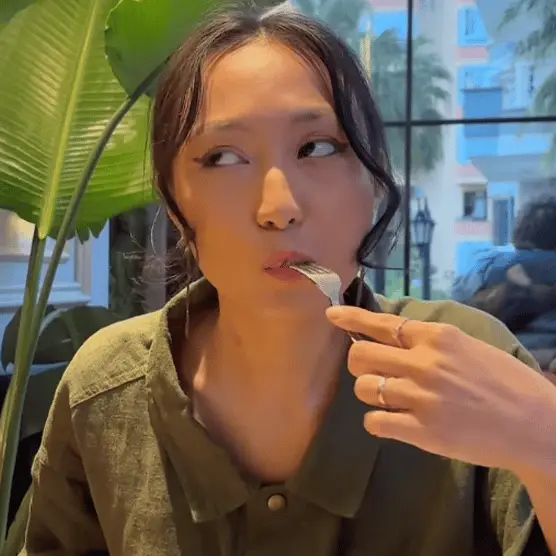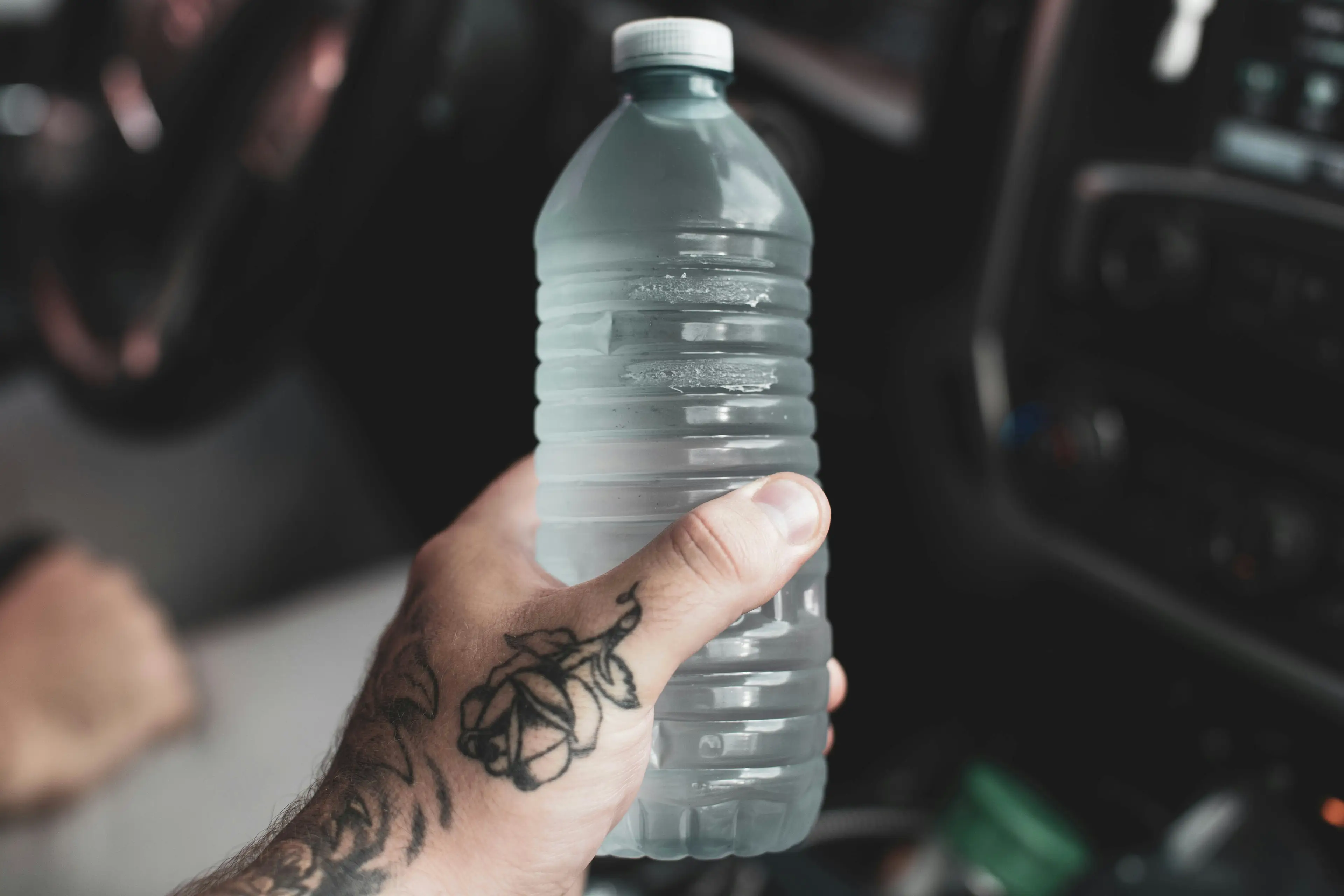
An online influencer shared some simple tips on reducing microplastics in your diet.
Tiny plastic particles known as microplastics (MPs) that are shed from packaging and other plastic products are winding up in the food that people eat, according to some eye-opening research.
Dankazhh, a microplastics expert, captioned in her Instagram post: "Microplastics are everywhere and recently microplastic was found in every organ of tested people! And a lot of them come from the daily objects we use like plastic water bottles or “paper” cups.
"Here i gathered some of the tips about them in your diet and how many microplastics you save from each swap I attached all the papers below".
Advert
Her post included practical swaps to help limit exposure to MPs that were backed up with some worrying numbers.
She advised only using 'glass or metal bottles' for drinking water as one plastic water bottle can contain up to 240,000 plastic particles. Meanwhile, heating plastics can release up to 4 million microplastics so avoid using plastic containers in the microwave, she highlighted.
Dankazhh went on to persuade people to change to wooden cutting boards as plastic ones can add '7 to 50g of plastic' to your diet each year.
Plastic-based cutlery adds 'thousands to millions of MPs per day' so the influencer advised people to only use plastic-free pans, plates and cups.
One of the more surprising revelations is that even tea bags are packed with tiny plastic bits. According to the expert, a single tea bag can release billions of MPs so she suggests opting for loose tea instead.
Finally, the Instagrammer said to bring reusable bags and containers when shopping and to choose food with little or no plastic packaging to limit exposure.
Dankazhh's viewers were both shocked and motivated to make some life changes after seeing her viral video.

"Shocked by the stats ngl. Feeling the strong urge to get rid of anything plastic in my house rn," one user wrote.
"Why is everything trying to kill us nowadays," an Instagram user remarked.
"Super helpful thanks so much," added another whilst someone else replied: "Thank you! All great tips".
And the internet isn't short of studies and research on how these plastic particles are making their way into our food.
A recent study from Portland State University highlights just how widespread microplastic contamination is especially in seafood. The team of researchers in PSU's Applied Coastal Ecology Lab - led by Elise Granek, professor of environmental science and management - found a whopping 1,806 plastic particles in 180 out of 182 seafood samples.
These were discovered in commonly eaten species like black rockfish, lingcod, Chinook salmon, Pacific herring, Pacific lamprey, and pink shrimp.
In fact, pink shrimp - which filter-feed near the water's surface - had the highest levels of contamination in their edible tissue.
On the bright side though, the researchers found that rinsing fish fillets and shrimp before cooking reduced some of the microplastic contamination that could have been added during processing.
That said, making mindful choices and small changes can go a long way in cutting down our daily exposure to microplastics.